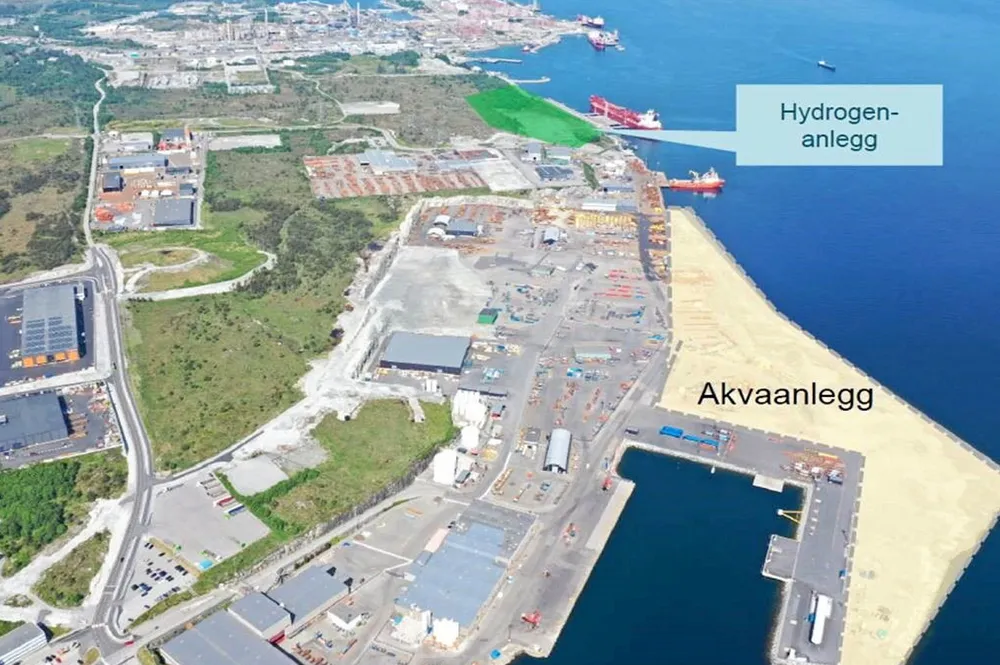Equinor and Air Liquide permanently scrap landmark liquified hydrogen shipping project after failing to attract customers in two years
Partners on Aurora project in Norway say more government support schemes are needed before shipping companies can afford to use H2 as a fuel
